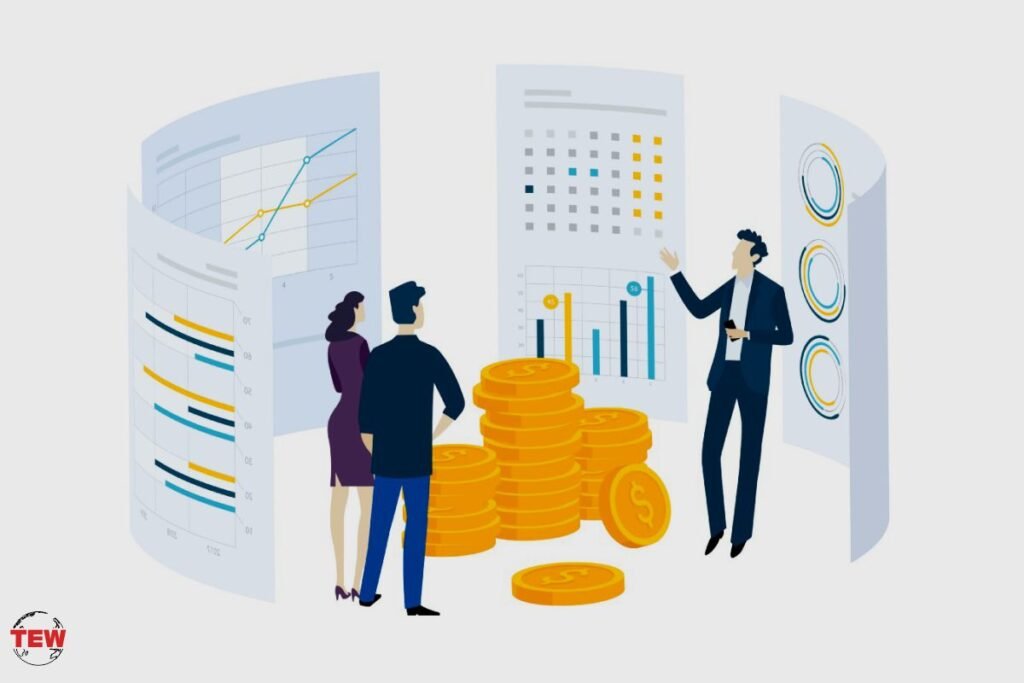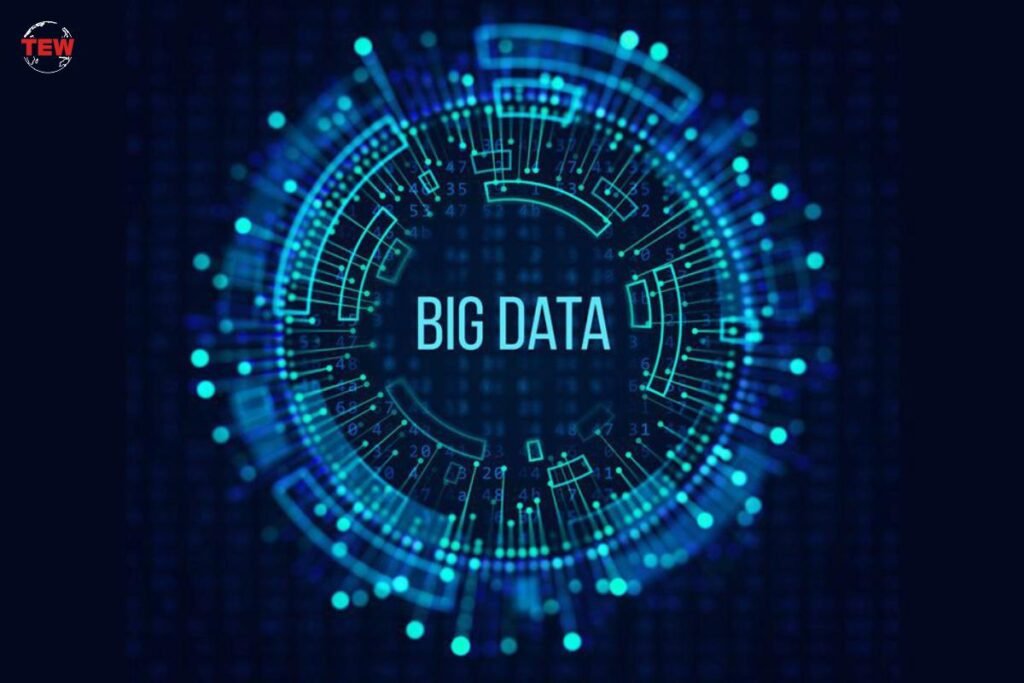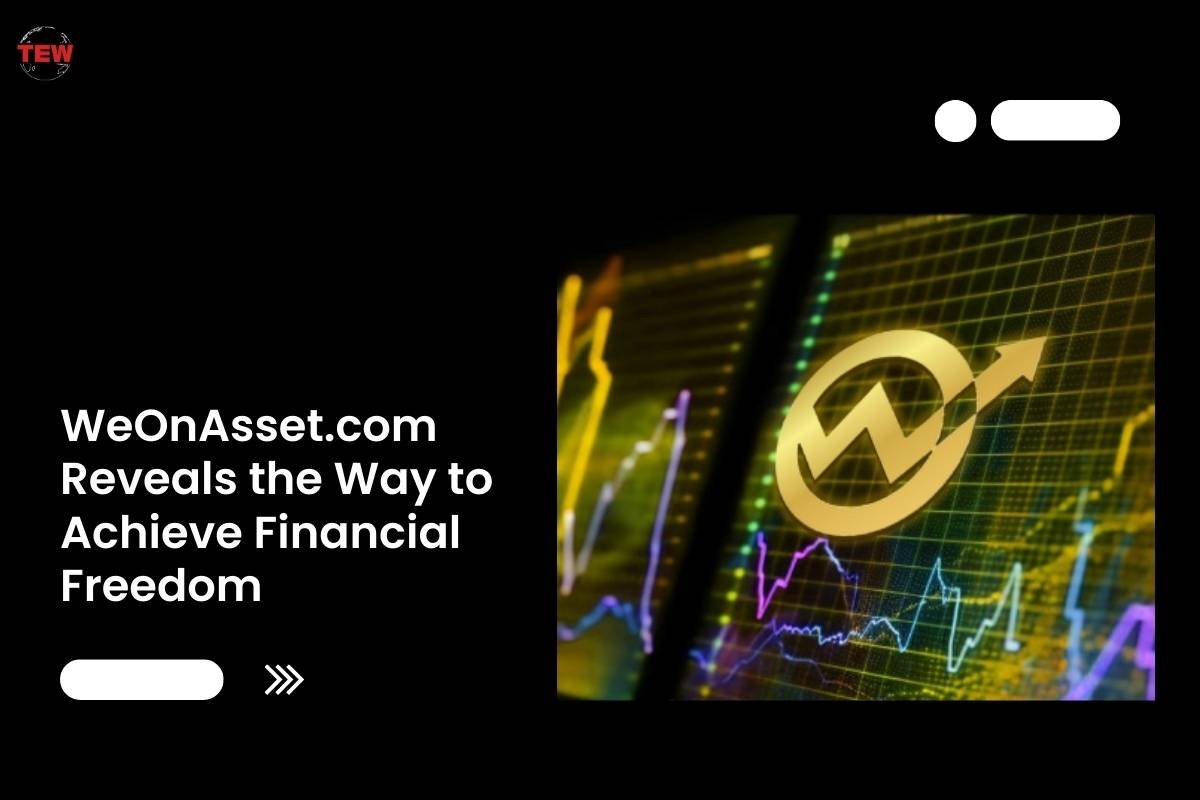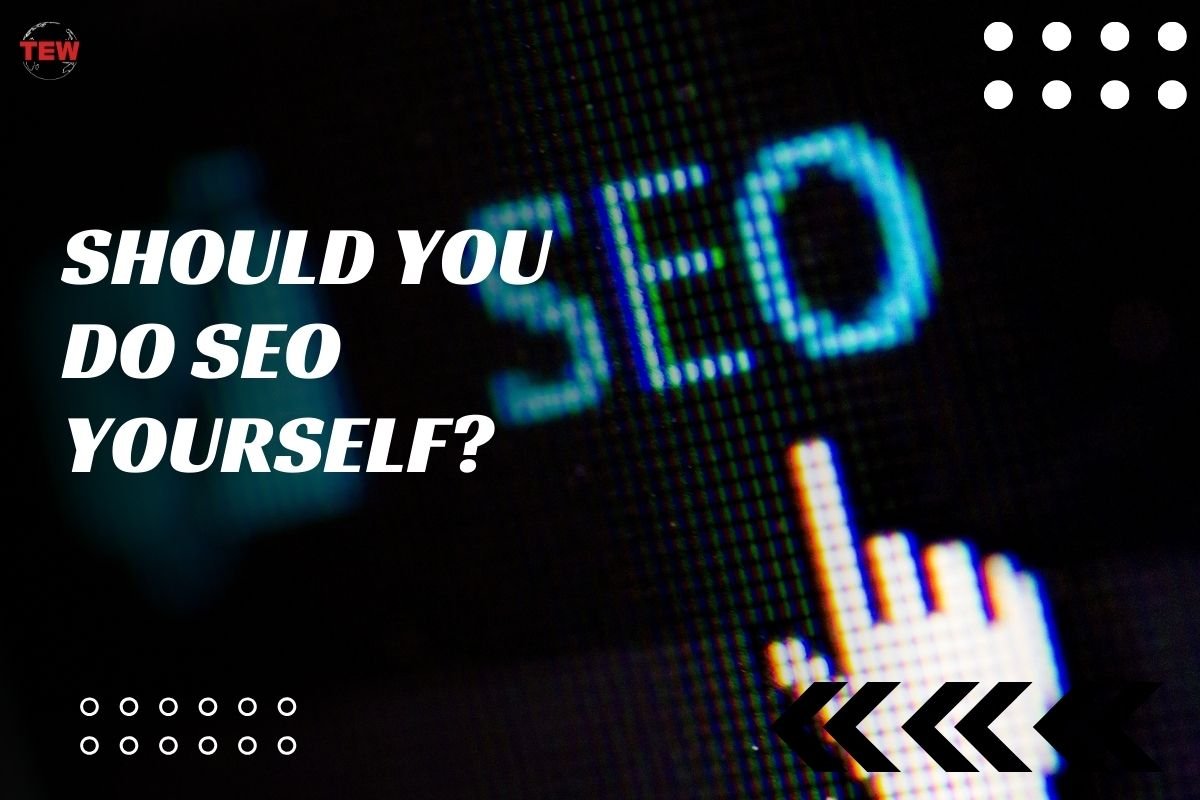Over the course of the past few years, people all over the world have seen the landscape of digital banking significantly expand and develop. However, the demand for digital solutions in banking did not go into overdrive until the COVID-19 pandemic broke out at the beginning of the year 2020. This was also the time when the necessity for such solutions became apparent.
Here are the most important Fintech and online banking trends in 2023:
1. Increased Personalization for Customers
The rapid growth of digital technologies that give bank customers and small-business owners more agency is at the top of Chase’s list of digital-banking trends for 2022. Customers prefer using their mobile devices for a wide range of financial services, including check deposits, money transfers, and even investing. Because of this unmet need, both banks and new fintech (financial technology) companies are racing to meet consumer demand for more and better digital financial services.
Customers of both large and small businesses now anticipate that their banks will go above and beyond by providing access to a variety of useful resources that can be used to better manage their money. Chase’s chief product officer, Rohan Amin, recently penned, “This includes giving them a lightning-fast overview, available at their fingertips, of where their money is and how it is being used.” He said hyper-personalized features that deliver tailored experiences based on real-time dynamic signals about customers’ individual needs and profiles will be in high demand as a result of rising personalization expectations among consumers and owners of small businesses. “Clear segmentation will be crucial to those efforts.”

2. Growth of banking as a service
The proliferation of non-banking businesses that offer financial services has been a major factor in the continuous development of the banking industry. Retailers, tech behemoths, and logistics companies are among the growing number of businesses that are “becoming fintechs” by incorporating banking and financial services into their core offerings. Customers’ willingness to use nonbank companies’ services appears to be at an all-time high. Banking as a service (BaaS) means “bundled offerings, often white-labeled or cobranded services that nonbanks can use to serve their customers,” as explained by McKinsey & Company associate partner Zac Townsend in March 2021.

3. The Popularity of WealthTech
Many business owners have recognized the potential of innovative digital solutions to the age-old problem of juggling multiple accounts and budgets, which has been cited as the primary driver of this expansion. Robo-advisors represent a significant development in the use of fintech for making financial transactions in the wealth tech sector. These are the cutting-edge, AI-powered platforms that enable consumers to make informed financial decisions.
One of the most exciting developments in the field of financial technology at the moment is the rise of so-called “Robo-platforms,” which use data science to analyze market conditions and individual user objectives and then make recommendations based on that analysis. The possibility that financial advisors will be replaced by high-powered ML-based robotic alternatives has been suggested by some experts. But these days, a lot of people rely on robo-advisors to help them make more informed financial decisions, such as generating better market results and predicting potential risks.
4. API Implementation
APIs, which stand for “Application Programming Interface,” allow banks to link their service databases with external applications. It’s like a bridge, except it doesn’t require a middleman to send confidential data.
Since the current trend of APIs in business and private banking makes both security and transparency better, it is good for businesses, customers, and banks alike.
The trend toward API banking has many advantages, including financial savings and increased profits, improved efficiency, and shorter transaction processing times. Because of this, API adoption will be a big deal in the banking industry in the next year. Therefore API Implementation is another important fintech and online banking Trends.
5. An increasing use of digital currency
Digital currencies were previously analogous to defiant adolescents, willing to break the rules for no apparent reason and easily swayed by a single tweet. This year sees the full maturation of virtual currency and the serious consideration of its potential by traditional financial institutions.
As time goes on, more and more central banks around the world are issuing their own digital currencies. Coinciding with these changes is the realization that, despite decentralized finance (DeFi) being the Wild West of financial services, many of the fundamental concepts of decentralized trust will have enduring value. To do this, more and more banks and government agencies are likely to work together on studies and plans to add parts of this new currency to the international monetary system.
6. Big Data
Every day, banks and other financial institutions process an increasing volume of customer data. This necessitates having high capacities that are able to store and process this data in a timely manner while maintaining its integrity. Big Data technology has now arrived, making it possible for businesses to process extremely large numbers of transactions and records. According to Statista, the global market for big data is expected to reach a peak of $103 billion by the year 2027. This fact is supported by the growing number of users who swap offline activities for online ones and digitalize their way of life.

7. The Rise of Smart Contracts
A “smart contract” is an automated protocol for conducting business transactions that can be used to establish and enforce contractual obligations between parties. Smart contract technology enables trustworthy peer-to-peer transactions to be carried out in the absence of intermediaries. Agreement terms can be precisely defined and automatically carried out with the help of custom software programs. A smart contract can be used to trade any asset once the underlying protocol is in place.
A cryptographic key serves as a digital signature in a smart contract, which is signed by both parties. The agreements are not written on paper but rather in computer code. It is extremely difficult to hack the codes. Moreover, they promise to carry out the plan in an exact and dependable fashion.
Multiple computers, all of which are provided with an identical copy of the initial digital contract, stand in for witnesses in a smart contract. This makes it extremely unlikely that the contract’s authenticity will be compromised. Also, these devices, which now make up what is called a public blockchain, would keep an eye on how the contract is carried out until all of the conditions are met.
BOTTOM LINE
It is easy to see that fintech is going to revolutionize the financial sector in many different ways, ranging from increasing the use of payment gateways to providing credits and assisting people all over the world in conducting business and personal transactions. This can be seen clearly from the previous discussion.





